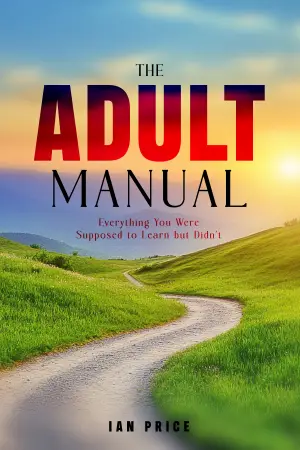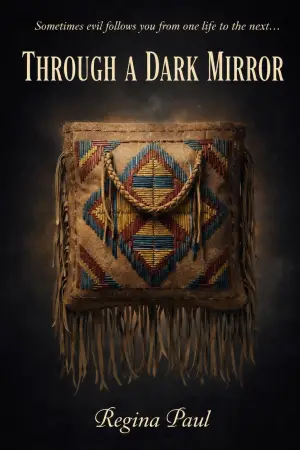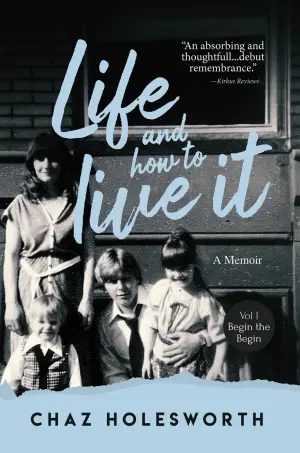Review of The Emperor of Gladness by Ocean Vuong
I recently dove into The Emperor of Gladness, the latest novel by Ocean Vuong, drawn in by my love for character-driven stories that navigate the complexities of human connections and emotional landscapes. Vuong’s reputation for beautifully intricate prose and profound themes excited me, so I was eager to explore this tale of chosen family, unexpected friendship, and resilience in the face of adversity.
The story centers around nineteen-year-old Hai, who finds himself at a crossroads on a rainy night, contemplating a leap into the unknown. His chance encounter with Grazina, an elderly woman battling dementia, pulls him back from the brink and leads to an unexpected caretaker relationship between the two. Their bond grows throughout the year, blending elements of empathy and spiritual reflection while simultaneously addressing themes of personal loss and communal struggle.
One of the most striking positives of this novel is Vuong’s gorgeous prose. As expected, he seamlessly navigates between lyrical and raw, crafting sentences that often left me breathless. The way he describes the setting of East Gladness, a post-industrial town, feels vivid and haunting. Readers in other reviews have pointed out how the beauty of his language serves to elevate the emotional weight of the story, and I couldn’t agree more. Vuong has a way of capturing small moments that resonate with larger truths, making the mundane feel monumental.
Another commendable aspect is how Vuong delves into themes of love, loneliness, and the complexities of existence on society’s fringes. The narrative feels incredibly timely and relevant, as it brings to light the silent struggles of those often overlooked. The book’s exploration of the intersections of memory and history struck a chord with me; it compelled me to reflect on my own connections and relationships. Witnessing the tender dynamics between Hai and Grazina made me ponder what it truly means to support someone, particularly in a world where connections can often feel frail.
However, it wasn’t a perfect read for me. I sensed some pacing issues, particularly in the middle sections of the book. While I appreciate the emphasis on character development, I found a few passages lagged, making it a bit challenging to stay fully engaged. I noticed that other readers echoed this sentiment, stating that while the richness of the prose was captivating, there were moments where the storytelling felt drawn out, which prevented the narrative momentum from building as strongly as it could have.
Additionally, some plot points felt slightly contrived, especially concerning the climax. I found myself wishing for a more nuanced resolution that would keep the story grounded rather than leaning into dramatic tropes. While the emotional payoff was largely satisfying, I saw how certain narrative choices might leave readers longing for a more authentic conclusion reflecting the complexities of life instead of wrapping everything up neatly.
Yet, even with these drawbacks, The Emperor of Gladness is undeniably a heartfelt and powerful exploration of human connection. The tagline regarding facing one’s personal demons and the stories we tell ourselves to survive resonated beautifully throughout the narrative. Vuong’s ability to weave a tale rich with metaphor and symbolism exemplifies his status as a truly gifted novelist.
In summary, I found The Emperor of Gladness to be a compelling and thought-provoking read that met many of my expectations, especially regarding lyrical writing and the exploration of poignant themes. Despite the pacing issues and some narrative choices that felt a tad formulaic, the emotional core of the book more than compensates for these shortcomings. I would recommend this novel to readers who appreciate stories deeply rooted in emotional truths and the richness of human connection.
In closing, I’d say: if you’re looking for something that tugs at the heartstrings while leaving you with much to ponder, this book deserves a spot on your reading list. My overall rating would be a solid 4 stars, as it’s a beautifully woven narrative that, despite its few flaws, is both moving and memorable.








